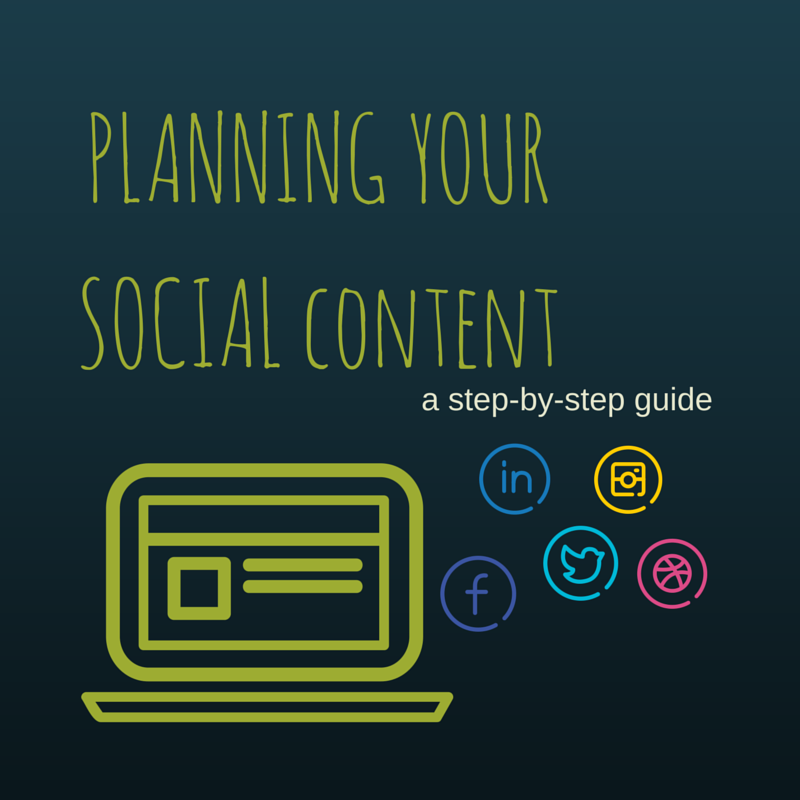When you're using online marketing to promote your small business one of the most important pieces of the puzzle is to understand who you're talking to. Why? You need to have a very clear idea of who your audience is if you want to create content that will have an impact on them.
Be specific about who you want to work with
I've done a lot of work around helping businesses narrow their audience. When asked who their audience is, the inclination for them to say their audience is, "whoever wants to spend money with them" is strong. I get that. We want people to spend money with us and the fear is that if we're too specific we'll alienate a huge group of people with money in their pockets.
The problem is if your content is not specific then it becomes too generic and has no meaning or impact at all.
Let's use an example: If I say "Learn about social media!" it leaves many unanswered questions, such as:
Who should learn?
For personal use or business use?
For entrepreneurs or government?
On a huge budget or a shoestring budget?
Without all of that information weaved into your content, almost everyone will assume you're not talking to them. A statement like that is less effective than being specific and having a small subset of the population feel like you're talking to them.
HOW specific do you really need to get?
The best way to REALLY figure out who your ideal client is and how to connect with them is to imagine one specific person. Imagine everything about them. How old are they? Are they married or single? How much money do they earn? How do they like to spend their leisure time? What do they like to read? What publications do they respect?
Keep in mind, you won't be sharing this information with anyone, you just want to really narrow down the kind of person you like working with. This information will help you figure out what kind of content they're going to like seeing, and also where you can find more people like that.
What do you do with this information?
Remember that not every audience likes the same kind of content. You wouldn't talk to an 18 year old single student the way you would a 42 year old married professional. The language is different, the content is different, and what they value is different.
Once you really understand who you're talking to, you can select content that has the right tone of voice, the right kinds of things to make jokes about, and the right kinds of articles that will appeal to them without being directly about your business. By taking the time to do your homework on who your audience is, you're creating opportunity to find valuable content to share with them, and by sharing valuable content, YOU become valuable.
Spend some time figuring this out
Spend some time thinking about your best and favourite customers. This is a great place to start. What is it about them that makes them the kind of person you like to work with? Use that information to start narrowing down YOUR ideal customer. Here are some questions to help you figure it out:
Gender:
Age:
Marital Status:
Income Level:
Do they have a family:
What do they value:
What are their priorities:
Where do they learn new things:
What are their favourite publications:
What do they like to do in their spare time:
What are they struggling with:
What do they want to know:
Now that we've talked about goals and audience, next time we're going to talk about key messages!





